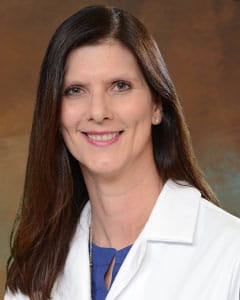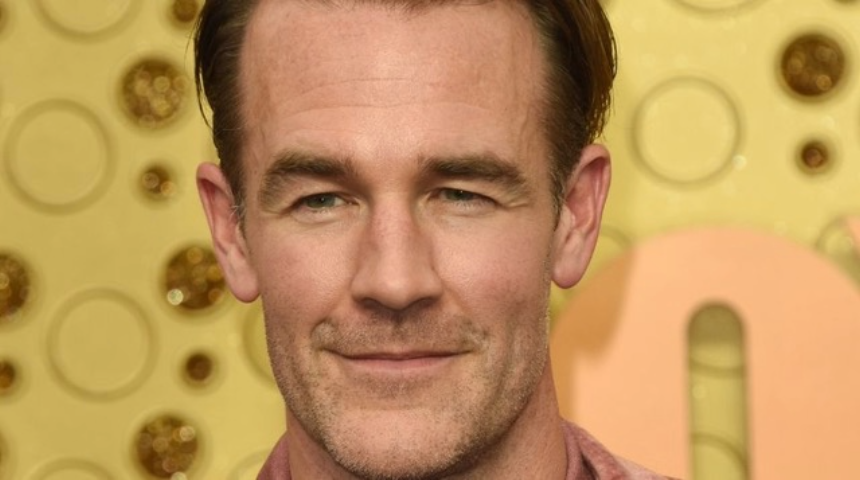Understanding the Emotional Side of Cancer Treatment
Between chemotherapy, radiation, frequent doctor’s visits and some of the side effects of cancer treatment, we often focus on how patients physically cope with the disease.
But there’s another aspect of cancer care that is equally as important: the emotional and psychological side of each patient’s cancer journey.
One analysis of more than 10,000 patients with cancer indicated that 19 percent showed signs of anxiety, while nearly 13 percent exhibited symptoms that indicated clinical depression. When someone who has cancer feels anxious or depressed, it can have a significant impact on their outcome and overall prognosis. Unfortunately, patients with cancer often aren’t adequately screened for depression or anxiety, and this may be because much of the focus is on their physical treatment and getting them well.
This is why it’s so important for the field of psycho-oncology to continue to grow and become part of the way many hospitals and medical institutions approach cancer care. Psycho-oncology focuses on the emotional well-being of patients, from diagnosis through treatment and after therapy. The goal is to understand and treat the emotional, psychological, social and spiritual needs of each patient to give them the best chance of survival. It’s a more holistic approach to cancer treatment beyond the physical therapies a patient endures.
At UF Health Cancer Center — Orlando Health, we’ve put this approach into practice through our Integrative Medicine program. Through the Integrative Medicine program we provide five key resources for patients, including support groups, education, healthy living, referrals and social connections. The Integrative Medicine program offers programs for patients, their family members and caregivers, providing them with an emotional outlet to share their feelings about their own or their loved one’s cancer journey. The mind, body, spirit connection is an integral part of physical and emotional well-being, so the Integrative Medicine program programs also feature, Tai-Chi, yoga and Arts in Medicine monthly workshops on learning many different types of art mediums like watercolor and acrylic painting. There also are ongoing learning series, which may cover topics such as nutrition and wellness, the importance of sleep, speaking openly about cancer, as well as health insurance information sessions. Every month, we have a calendar of events where patients can find all kinds of support and resources to meet their needs.
Groups like the Integrative Medicine program are critical because a diagnosis of cancer often comes with significant stress for patients and their families. What makes the Integrative Medicine program so unique is that it’s based on research and an understanding of what kinds of interventions work best to help patients feel better and give them the emotional and psychological support necessary to deal with cancer treatment.
What we know from our research is that by reducing anxiety and depression we improve healing time in patients, and ultimately, their quality of life.
Psycho-oncology is an evolving field and it’s become such an important sub-specialty in cancer care that the American Society of Clinical Oncology (ASCO) issued clinical guidelines in 2014 for screening, assessing and managing depression and anxiety in patients with cancer and the Commission on Cancer made screening for distress one of their standards for Cancer Center’s to be accreditated. ASCO recommends that patients with cancer and cancer survivors be screened periodically throughout their cancer journey and that health practitioners regularly follow up and assess patients to ensure they’ve followed through with treatment recommendations and are satisfied with the therapy services they are receiving.
These guidelines are just one of the ways we can ensure patients get holistic cancer care and that we as doctors treat the whole patient — not just the diagnosis. It’s in the best interest of patients for us to focus more on the emotional and psychological side of cancer care, and efforts like the Integrative Medicine program help us make sure patients have access to the resources they need.





